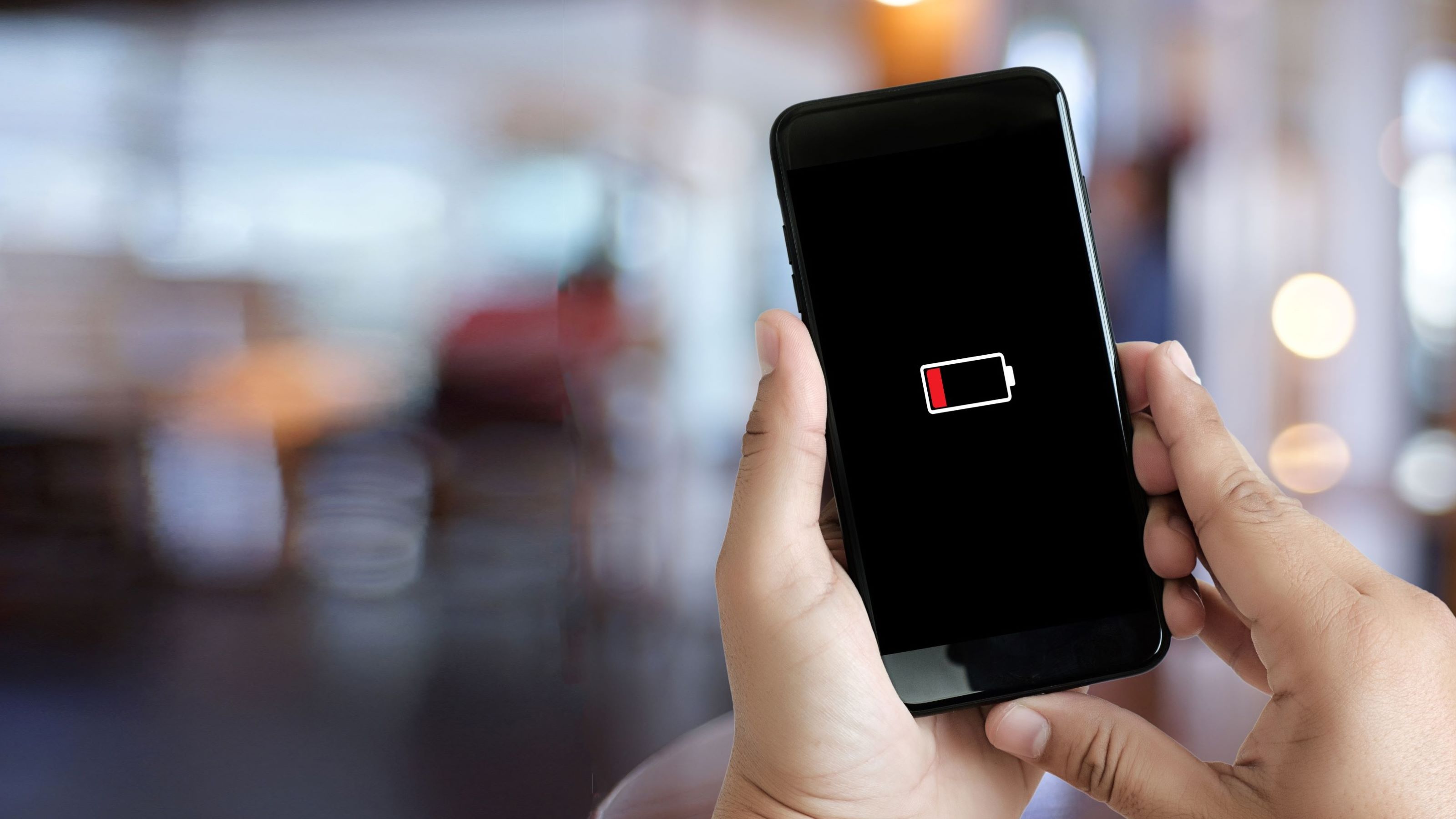How Free Phone Charging Stations Could Present Risks
The FBI has said to be careful about free phone charging stations. Here's what to know.


Profit and prosper with the best of Kiplinger's advice on investing, taxes, retirement, personal finance and much more. Delivered daily. Enter your email in the box and click Sign Me Up.
You are now subscribed
Your newsletter sign-up was successful
Want to add more newsletters?

Delivered daily
Kiplinger Today
Profit and prosper with the best of Kiplinger's advice on investing, taxes, retirement, personal finance and much more delivered daily. Smart money moves start here.

Sent five days a week
Kiplinger A Step Ahead
Get practical help to make better financial decisions in your everyday life, from spending to savings on top deals.

Delivered daily
Kiplinger Closing Bell
Get today's biggest financial and investing headlines delivered to your inbox every day the U.S. stock market is open.

Sent twice a week
Kiplinger Adviser Intel
Financial pros across the country share best practices and fresh tactics to preserve and grow your wealth.

Delivered weekly
Kiplinger Tax Tips
Trim your federal and state tax bills with practical tax-planning and tax-cutting strategies.

Sent twice a week
Kiplinger Retirement Tips
Your twice-a-week guide to planning and enjoying a financially secure and richly rewarding retirement

Sent bimonthly.
Kiplinger Adviser Angle
Insights for advisers, wealth managers and other financial professionals.

Sent twice a week
Kiplinger Investing Weekly
Your twice-a-week roundup of promising stocks, funds, companies and industries you should consider, ones you should avoid, and why.

Sent weekly for six weeks
Kiplinger Invest for Retirement
Your step-by-step six-part series on how to invest for retirement, from devising a successful strategy to exactly which investments to choose.
The FBI's Denver office sent out a message warning of the safety of public phone charging stations. These stations, the office said, could carry risks to your security and safety.
"Bad actors have figured out ways to use public USB ports to introduce malware and monitoring software onto devices," the FBI Denver office said on Twitter in early April.
Instead, the FBI said, you should bring your own charger and USB cord and use an electrical outlet, rather than a charging station. This warning extends to airports, hotels and shopping centers, the FBI said.
From just $107.88 $24.99 for Kiplinger Personal Finance
Become a smarter, better informed investor. Subscribe from just $107.88 $24.99, plus get up to 4 Special Issues

Sign up for Kiplinger’s Free Newsletters
Profit and prosper with the best of expert advice on investing, taxes, retirement, personal finance and more - straight to your e-mail.
Profit and prosper with the best of expert advice - straight to your e-mail.
FBI Denver confirmed to Kiplinger nothing new spurred this message. Rather, it was a message they wanted to regularly share with people. With that in mind, here are some safety issues to know about public device charging stations.
What to Know About Charging Devices Safely
The Federal Communications Commission refers to possible risks of public USB charging stations as "juice jacking." What can happen is that a thief could install malware on a USB port that can access a device when it's plugged in, the FCC has said.
Malware could then allow a criminal to export data and passwords, potentially giving them access to your online accounts. Something like this could also happen, the FCC said, through public Wi-Fi networks.
To Keep Your Devices Safe at Phone Charging Stations:
- Bring your own charging cable if you are traveling somewhere.
- Plug into a typical power outlet, rather than making use of public USB charging stations where you use a wire left there.
- You can also use a charging-only cable or be more mobile with a portable charger or external battery.
With so much of our personal lives going onto phones — including use of banking and investment apps to access our accounts — this is an easy way to stay safe when you're on the move. More than 50,000 people reported being the victim of a personal data breach in 2021, according to an FBI Internet Crime Report released in late March, resulting in losses of more than $515 million; malware resulted in reported losses of more than $49.2 million.
Related Content
Profit and prosper with the best of Kiplinger's advice on investing, taxes, retirement, personal finance and much more. Delivered daily. Enter your email in the box and click Sign Me Up.

Alexandra Svokos is the digital managing editor of Kiplinger. She holds an MBA from NYU Stern in finance and management and a BA in economics and creative writing from Columbia University. Alexandra has over a decade of experience in journalism and previously served as the senior editor of digital for ABC News, where she directed daily news coverage across topics through major events of the early 2020s for the network's website, including stock market trends, the remote and return-to-work revolutions, and the national economy. Before that, she pioneered politics and election coverage for Elite Daily and went on to serve as the senior news editor for that group.
Alexandra was recognized with an "Up & Comer" award at the 2018 Folio: Top Women in Media awards, and she was asked twice by the Nieman Journalism Lab to contribute to their annual journalism predictions feature. She has also been asked to speak on panels and give presentations on the future of media and on business and media, including by the Center for Communication and Twipe.
-
 Dow Adds 1,206 Points to Top 50,000: Stock Market Today
Dow Adds 1,206 Points to Top 50,000: Stock Market TodayThe S&P 500 and Nasdaq also had strong finishes to a volatile week, with beaten-down tech stocks outperforming.
-
 Ask the Tax Editor: Federal Income Tax Deductions
Ask the Tax Editor: Federal Income Tax DeductionsAsk the Editor In this week's Ask the Editor Q&A, Joy Taylor answers questions on federal income tax deductions
-
 States With No-Fault Car Insurance Laws (and How No-Fault Car Insurance Works)
States With No-Fault Car Insurance Laws (and How No-Fault Car Insurance Works)A breakdown of the confusing rules around no-fault car insurance in every state where it exists.